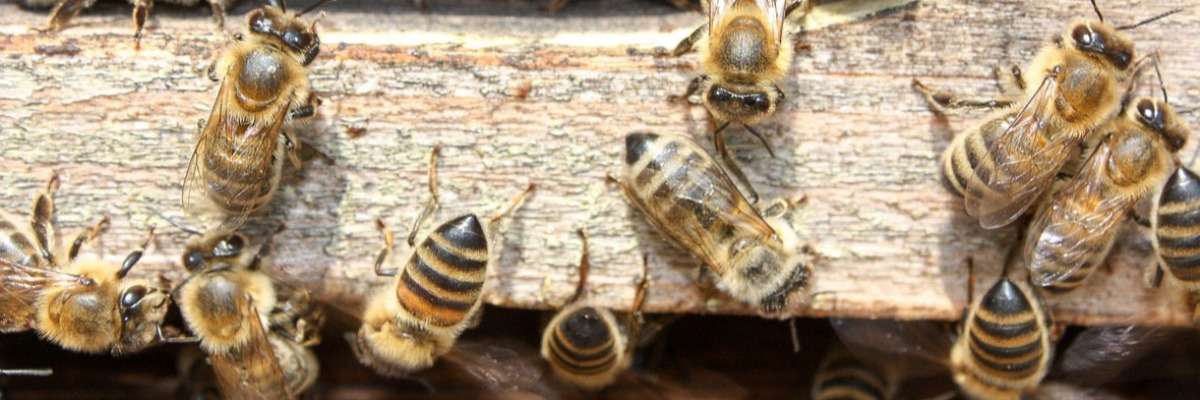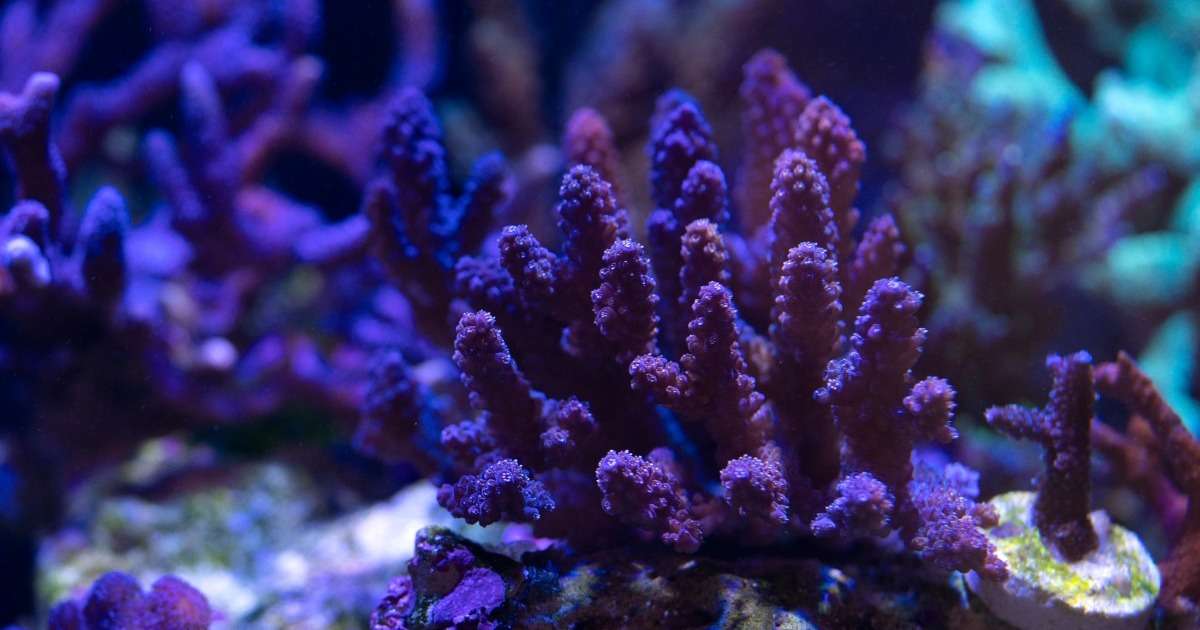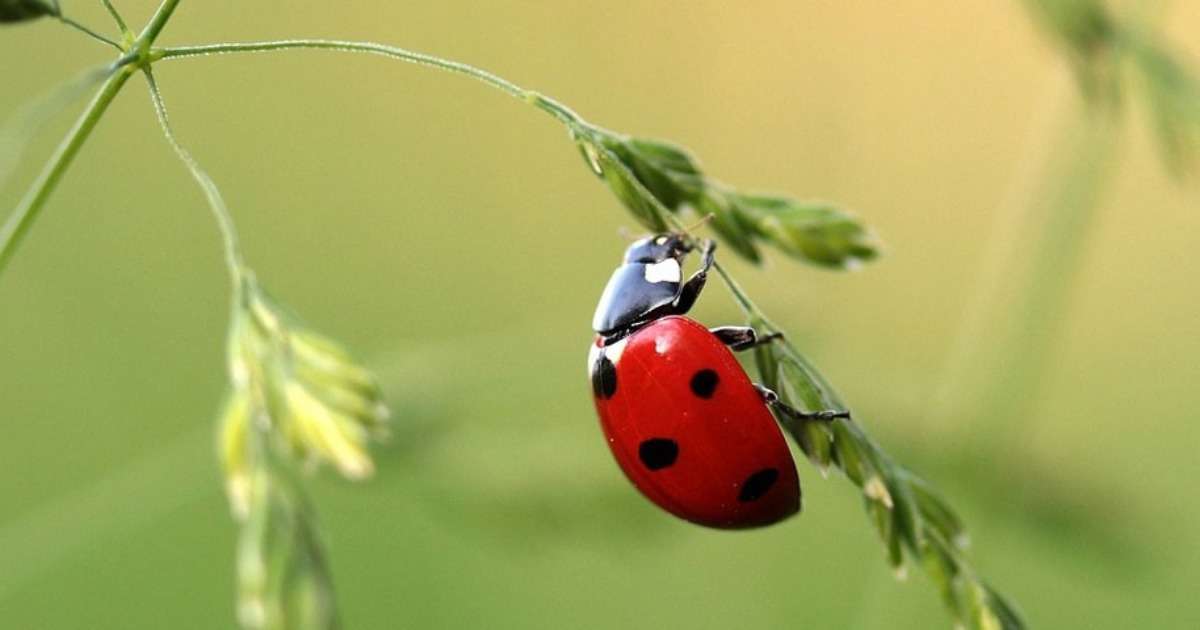
Pesticides in bee colonies affect the behavior of bees
In the past 20 years, populations of honeybees have declined all over the world. This is partly caused by the increased occurrence of parasites and pathogens. But the use of pesticides may also affect honeybee health. Pesticides accumulate in bees' food to such levels that the behavior of the bees is affected.
Pesticides in beehives
Some pesticides are applied in the hives directly, for example to control parasites like Varroa mites. Other pesticides are transferred from crops to the hives by the bees themselves. Some compounds can accumulate in the comb wax to very high levels.
Observing bee behavior after pesticide consumption
Williamson et al., [1] investigated the effect of several pesticides on the behavior of honeybees. The authors used The Observer XT to observe honeybees. They studied four different pesticides and applied doses that are actually found in the bees’ food. To observe behavior, the authors recorded the duration and frequency of walking, flying, falling upside down, grooming the head, grooming the body and unusual abdominal spasms including expulsion of fecal material.
Pesticides affect bees’ behavior
Bees treated with the pesticide chlorpyrifos spent less time walking, were more often upside down and had more abdominal spasms than bees in the control group. Other pesticides had a similar effect on the bees’ behavior, but this was not statistically significant. The effect of the chlorpyrifos on the bees was dependent on the season the bees were collected. Bees collected in winter did not have more abdominal spasms after pesticide treatment, while bees collected in summer did. All four pesticides increased the frequency of head grooming and body grooming by the bees, independent on the season in which the bees were collected.
Pesticides affect colony health?
The behavioral observations show that consumption of pesticides in concentrations that were previously reported in bees’ food affect the bees’ behavior. Dramatic behavioral changes like difficulty to righting themselves after falling over and abdominal spasms, including expulsion of fecal material and regurgitating food, occurred in all groups treated with pesticides, but never in control bees. This implies that the gut function is disrupted by pesticide treatment. Also a more subtle behavior like grooming was affected by pesticide treatment. Indeed, pesticides accumulate in bees’ food to such levels that consumption affects the bees’ behavior. All these behavioral changes can result in decreased colony health and can possibly partly explain the worldwide decline in honeybees.

References
- Williamson SM, Moffat C, Gomersall MAE, Saranzewa N, Connolly CN and Wright GA (2013) Exposure to acetylcholinesterase inhibitors alters the physiology and motor function of honeybees. Front. Physio., 4 (13).
- Mullin, C. A., Frazier, M., Frazier, J. L., Ashcraft, S., Simonds, R., Vanengelsdorp, D., et al. (2010). High levels of miticides and agrochemicals in North American apiaries: implications for honey bee health. PLoS ONE, 5:e9754. doi:10.1371/journal.pone.0009754
Get the latest blog posts delivered to your inbox - every 15th of the month
more

Measuring behavior of coral larvae in response to antifouling coatings
What effect do ship hull coatings have on coral viability and restoration? And how can non-toxic alternatives effect mobility behavior in coral larvae?
How we turned our office into a living lab with a green roof
Green roofs are becoming more and more popular around the world. These living roofs transform buildings into ecological systems that benefits its surrounding environment.

